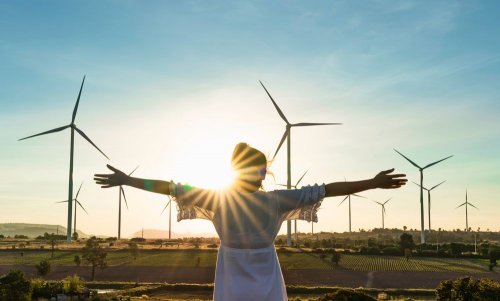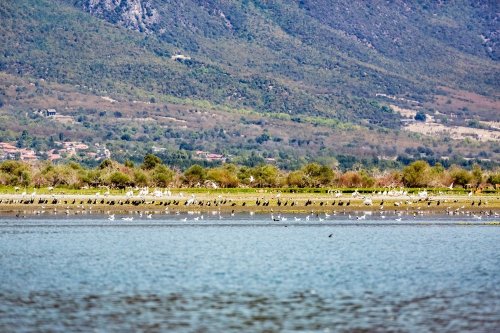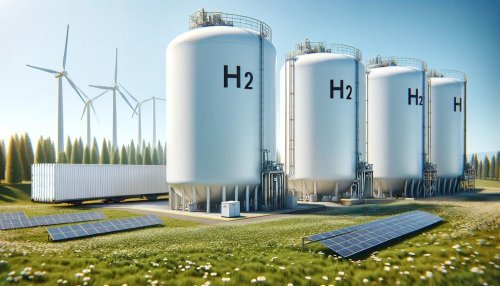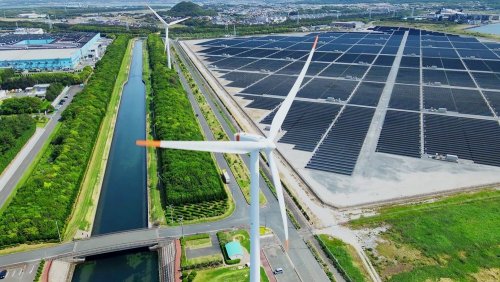Olena Pavlenko, head of the DiXi Group think tank, said that in 2023 Ukraine came closer to the goals of the European Green Deal and should speed up legislative implementation, ensure the scaling of projects, and raise funds.
This happened during the presentation of the annual monitoring report "Ukraine and the European Green Deal," where experts discussed key tasks for 2024, DiXi Group reports on Facebook.
DiXi Group Vice President Anton Antonenko emphasized that at the beginning of the full-scale invasion, both the government and the public agreed that the recovery should be green. However, this message needs to be implemented.
Torsten Wohlert, Energy Adviser at the European Union in Ukraine, noted that the fact that NPC Ukrenergo has been granted the status of a full member of ENTSO-E is evidence of Ukraine's real European integration. "As part of Ukraine's accession to European markets and green transformation, a transition period and a clear plan are important, as well as the integration of our business into green value chains. This will be the task for 2024.
Head of the European Green Course Department of the Energy Community Secretariat, Adam Kvech, also emphasized Ukraine's significant progress. After all, the country is in the top three member states of the Energy Community, which is focused on solidarity, integration of energy markets and decarbonization. In 2024, Ukraine must maintain this progress and prevent the "rollback" of reforms.
Viktoriya Kireeva, Deputy Minister of Environmental Protection and Natural Resources, assured that the implementation of industrial pollution reform is at a fast start, and climate policy is the work of the entire government. She called the main challenges of 2024:
- carbon pricing reform;
- implementation of the system of trading quotas for greenhouse gas emissions.
DiXi Group expert Alyona Korogod added that Ukraine lacks certainty regarding the development of renewable generation. Therefore, it is necessary to approve the relevant national goals until 2030, taking into account the policies and updated goals of the EU and the Energy Community.
"Both the Cabinet of Ministers and the Verkhovna Rada tried to implement reforms in the field of environmental protection, and this is already an achievement, because the full-scale invasion continues and affects the agenda, such as the Russian destruction of the Kakhovskaya HPP, which radically changed the government's priorities," said the senior Zoryana Kozak, an analyst at the resource-analytical center "Society and Environment".
Analysts also noted progress in financing the green transformation, namely the launch of the state fund for decarbonization and energy-efficient transformation and the EUR 50 billion Ukraine Facility. In order to attract funding, it is necessary to monitor the reforms, and to present a sound plan to the government.
At the event, experts also drew attention to a number of issues, namely:
- a significant gap regarding the decarbonization of transport in Ukraine;
- lack of a stable investment climate.
Antonenko added that the advantage and, at the same time, the disadvantage of the ECS is that it is extremely broad and education should be a part of it.
As EcoPolitic previously reported, the initial assessment of the state of implementation of EU legal acts (EU acquis) showed that Ukraine must fully or partially implement 156 acts in the field of environmental protection and climate change.





